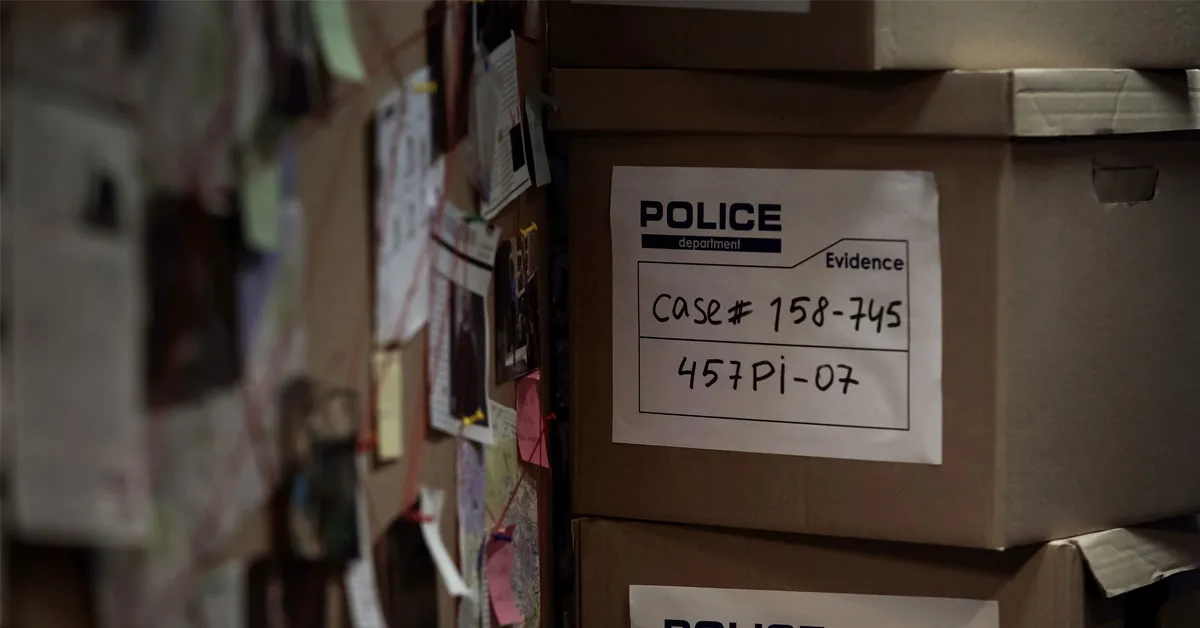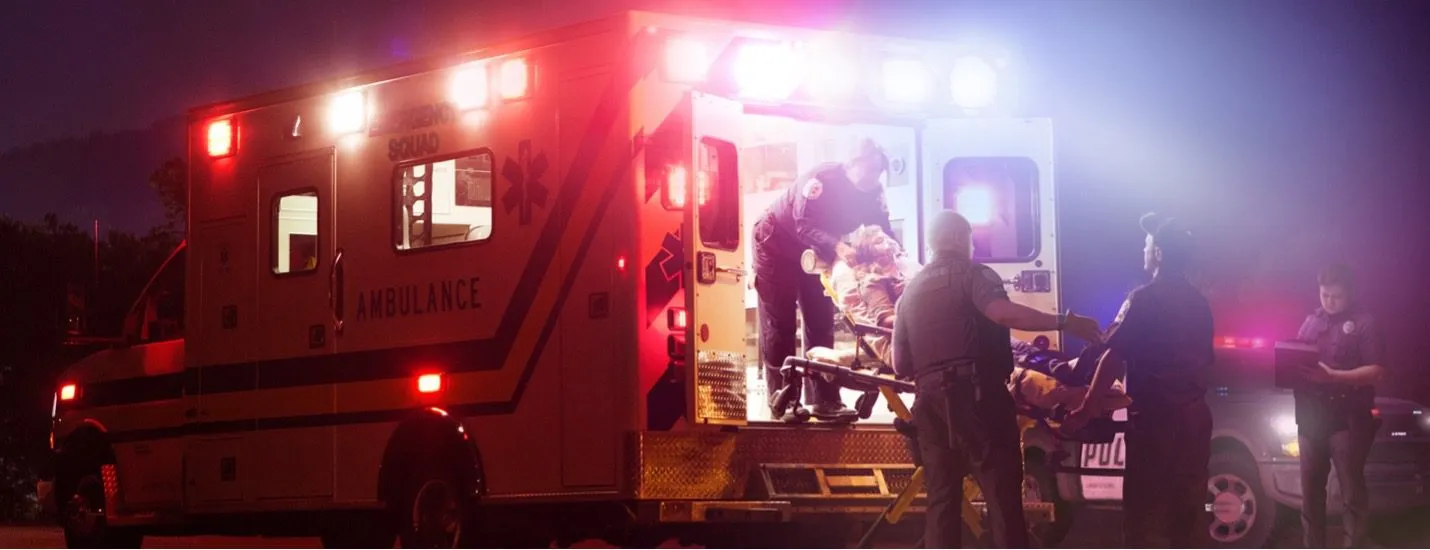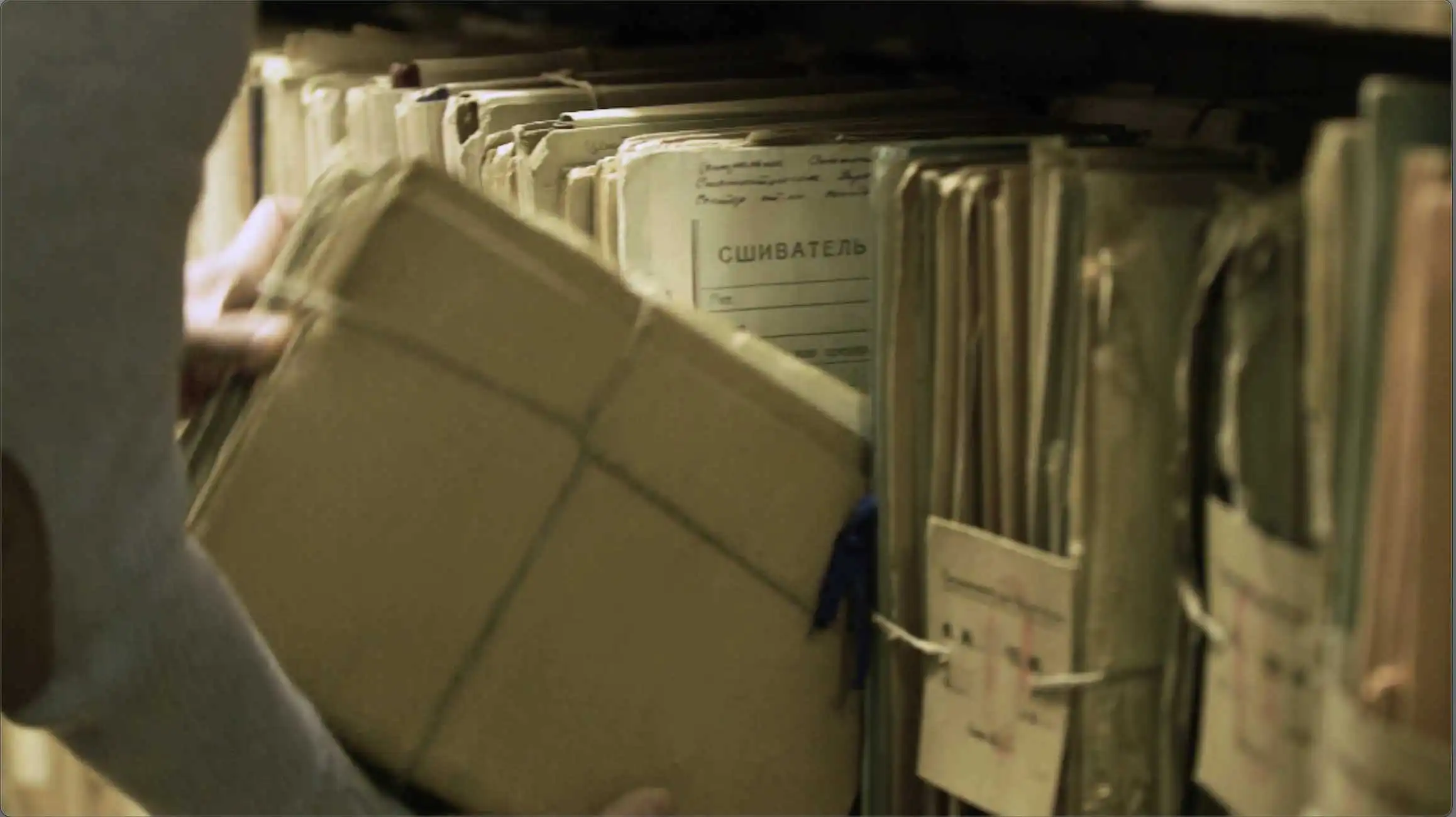
Police and law enforcement organizations face more challenges than ever before when it comes to building, tracking and clearing cases. In this post, we examine six underlying factors that slow down an investigation – and what can be done to speed things up.
From criminal cases to use of force and internal affairs to intelligence, investigative units are finding themselves stretched thin. And while case management technology has opened the door for better investigation management, streamlined processes and improved collaboration – it’s not a band-aid solution.
For technology to really work (and to maximize return on investment), agencies must examine how they manage these six areas.
#1. Case Load
How many cases can a single investigator be reasonably expected to investigate and clear in a period of time?
This is the single most important question to ask when evaluating the productivity and efficiency of your agency’s investigative units. If realistic performance expectations are not understood– or if there’s a lack of balance in caseload among investigators– then investigators can become overloaded and, as a result, less effective.
Think of it this way: If an investigator is tasked below their maximum caseload level and has three cases that are solvable, then the investigator is very likely to clear those cases. But if the investigator is overworked and has the same three cases plus seven additional, then none of them may wind up being cleared, not even the solvable ones, because the investigator is simply spread too thin.
At the end of the day, if you don’t have personnel, you don’t have personnel. Agencies across the country are struggling with recruitment, and many are already understaffed in their investigative units. New investigators aren’t simply hired; they are typically cultivated from seasoned patrol officers and then trained and mentored over a period of time. So, it’s not as simple as hiring more investigators. It’s about properly managing the ones you have.
#2. Case Screening & Intake
What’s your agency’s policy on initiating investigations?
Your case screening and intake process also impact caseload and overall speed of investigations.
For example, let’s say there’s a robbery, but there’s no video of it, no suspect description or license plate information, no witnesses, no forensics – nothing to go on. Should you even open an investigation? The odds of a case like this being cleared are slim, unless additional evidence arises.
Some agencies open a case and assign an investigator on all major crimes without considering the potential solvability. Naturally, this bogs down investigators with cases that can’t be cleared while taking their attention away from cases that can. If they’re already tasked beyond their limit and they’re handed another unsolvable case, it will inevitably serve to the detriment of the other cases.
Other agencies utilize a screening process before they launch a full investigation. This is done to limit overworked investigators to cases that have a reasonable chance of being cleared. They look at solvability factors, including the cooperation level of victims and witnesses and the amount of evidence available, and they score the case. This produces a method to dedicate limited investigative resources in a manner that best serves the community as a whole.
Of course, the decision not to investigate a case is not taken lightly. These agencies have a clearly defined policy that strictly outlines case screening criteria for summarily closing cases. It has to be documented, reviewed, and approved. In the event that caseloads drop to more manageable levels, then the policy can be adjusted to more liberally accept additional cases or re-open old ones.
Solvability screening isn’t acceptable for homicide or other high-priority cases, which typically are worked until they’re solved no matter how long it takes. But other crimes, such as burglaries, robberies or larcenies, can be pre-screened for solvability, and if they score too low, they may be administratively closed without further investigation. The decision and rationale must be clearly communicated to the complainant with the understanding that the case will be re-screened if new leads or evidence develops.
The screening process itself is still a task that must be carried out by the investigative unit, but it does save considerable time in the long run and allows investigators to focus on cases that can be solved.
#3. Cross-Unit Collaboration
How often does your investigative team talk about active investigations with other units?
Bringing cases to a successful conclusion depends on cross-unit collaboration within your agency.
Law enforcement’s ultimate goal is to clear a case and prevent an individual from committing another crime. To accomplish this goal, you need help from other people in your organization. Agencies break down when departments, such as the investigative team and intelligence unit, for example, don’t communicate with each other.
Cross-collaboration requires discussing the status of a current case and letting each other know what you’re looking for. That way, if tips come in on the intelligence side of operations, they are actively aware of a possible connection and can let investigators know.
For example, often you will see a connection between homicides (investigative unit) and gang activity (intelligence unit). How often are your investigators and intelligence specialists touching base to see if there’s a connection between a spike in gang activity and crime?
#4. Community Involvement
Are you including the community in the public safety conversation?
According to the IACP, “No single factor has been more crucial to reducing crime levels than the partnership between law enforcement agencies and the communities they serve.”
Investigations take time. And citizens can help speed up the process. It’s critical to interact with the community – the one you’ve dedicated your life to protect. And not just to get their help but to understand what they need you to focus on.
Managing the police-community relationship is a delicate, nationwide struggle. Agencies that haven’t prioritized this need to start. To do this, communication and transparency are key.
The best way to reach your community is with a dedicated, central resource that citizens and police officers can both use.
#5. Checklist of Investigation Process
Are you following the right investigation process?
Every investigator aims to do anything and everything they can to solve a case. But sometimes, and especially if the investigator is overloaded, certain steps in an investigation are overlooked or skipped. But even mundane tasks, like distributing wanted flyers or double-checking a specific computer application, can uncover a new lead.
While no investigation is exactly the same, cases still need structure. Investigations need to be carried out in a repeatable, consistent manner. There’s a baseline of tasks that must be done for different types of investigations. Not everything will pertain to that particular case, but you wouldn’t know that if you didn’t check it.
A lot of the time, detectives will carry a physical checklist to check their process in the field. Some even take the checklist concept a step further by integrating it with case management software. Integrating this into your process in some manner is the only way to ensure that a methodical investigation is carried out for each matter being looked into.
Staying on track with the correct flow of an investigation will ensure that the case moves forward. Skipping even the smallest, seemingly inconsistent step will cause delays or an otherwise solvable case from being cleared.
#6. Case Review
Are you strategically reviewing case progress?
Case review is an administrative task – but it’s also strategic and critically important to move an investigation forward.
Many agencies have a policy that dictates which supervisors should review cases and at what checkpoints during the process. However, case review is often treated as a burden rather than a strategic opportunity.
Even without a firm case review policy, it’s important to stick to a schedule of case review – and it must be thorough and documented appropriately. The more substantial the review, the more likely it is to reveal something that’s been missed or give the case the momentum it may need. This should be a continuous, deliberate process throughout the course of an investigation.
During case review, supervisors should not only create task lists for the investigative team but they should also rate the progress and quality of the investigation and document their recommendation for an investigative plan.
Should we continue on the current track? Should we reassign to a new investigator? Are all leads exhausted? Should we consult with others? Should we administratively close this case? In this manner, the supervisor is also made to take ownership and responsibility for the ultimate fate of the investigations their unit conducts.
Lackluster or inconsistent case review will slow down an investigation. If your department or agency is experiencing this, make sure your policy is updated to address and correct it.
Conclusion
Examining priorities on these issues will help you realign your department’s investigative process. If you still feel investigations could run leaner, take this a step further by deploying smarter case management software that empowers law enforcement agencies to investigate crime more efficiently and effectively.
Get in touch today to start building cases with tools that don’t slow down the investigation.




